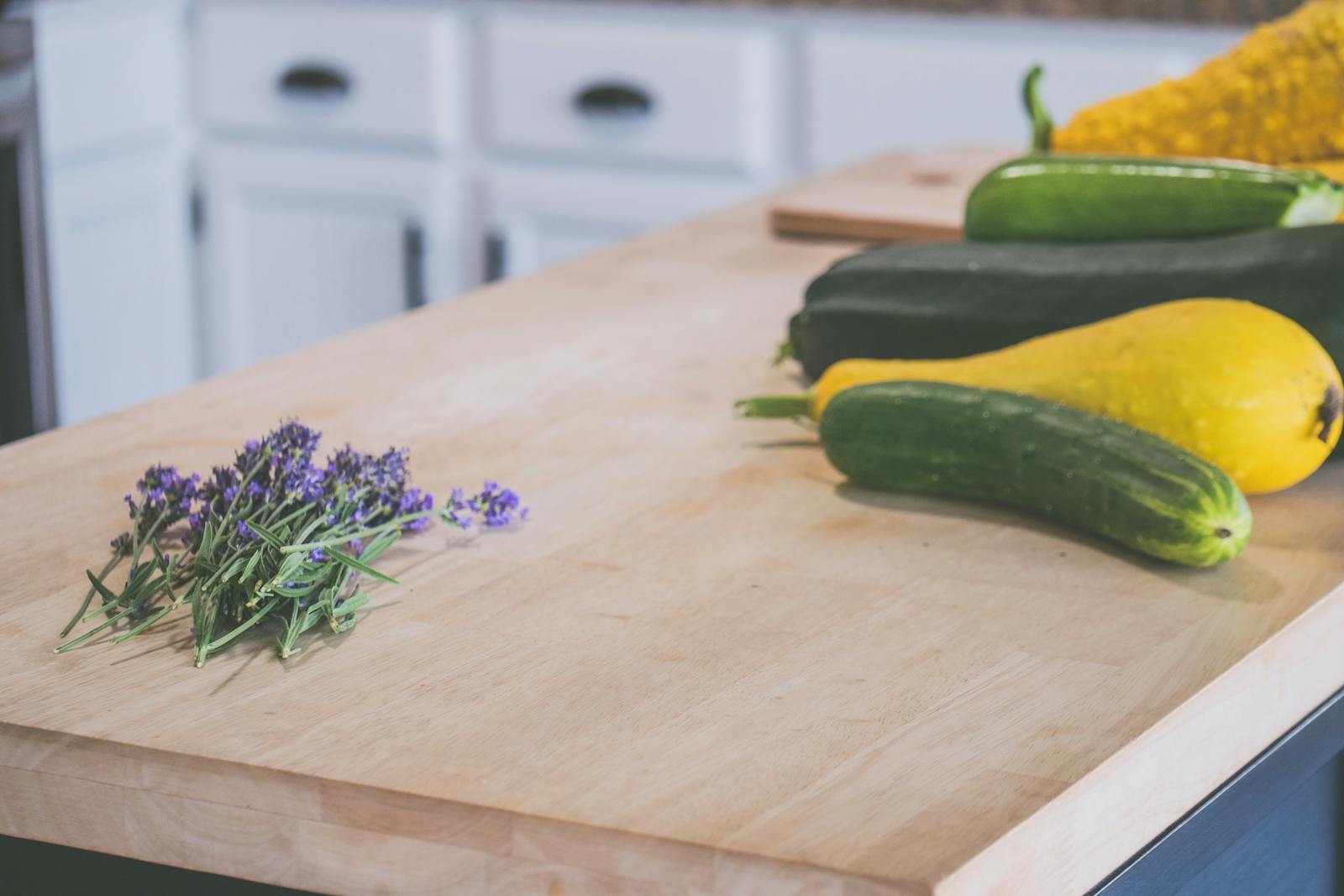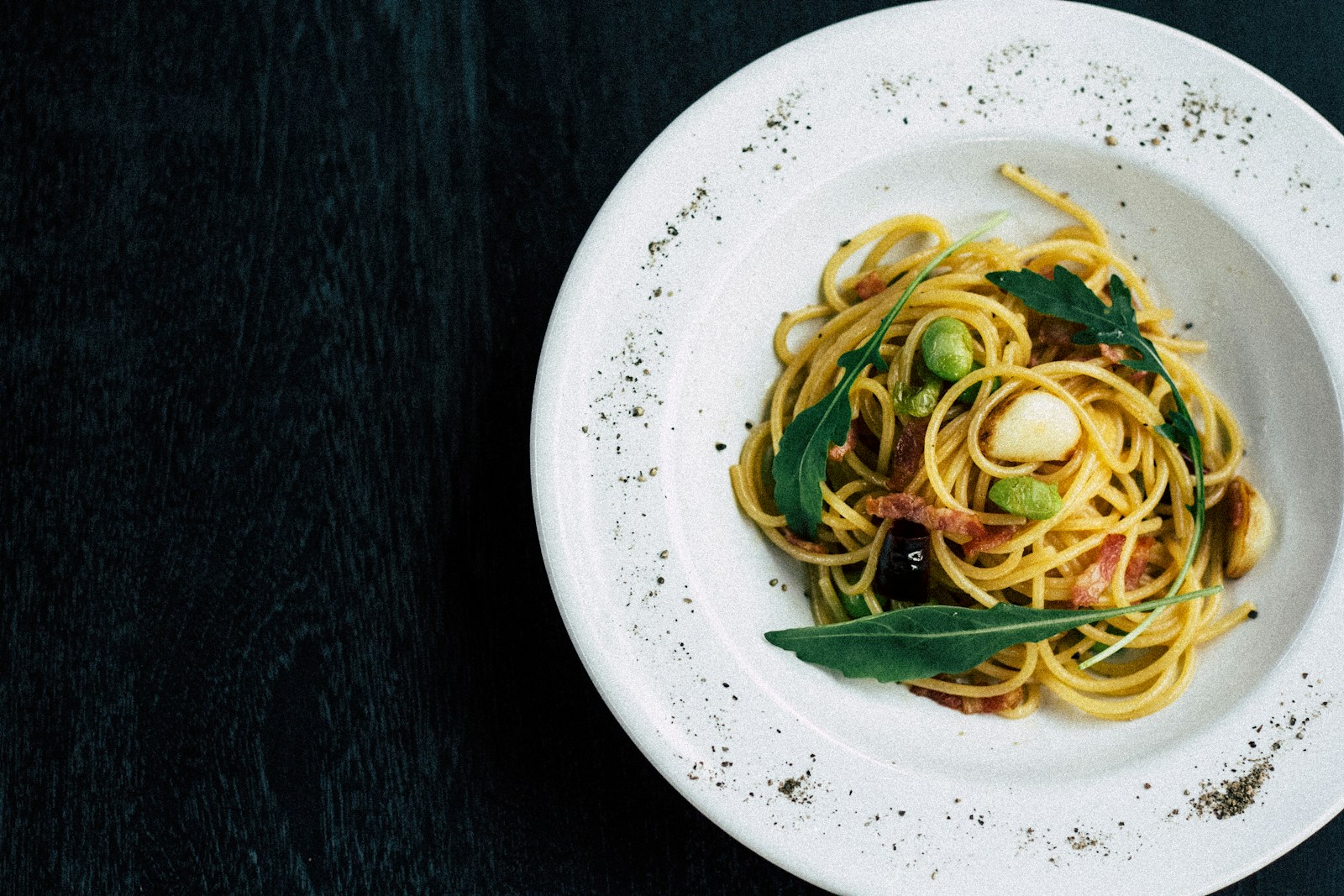Vegan Baking: Delicious & Dairy-Free
The Rise of Plant-Based Pastries
The world of baking has undergone a significant transformation. People are increasingly interested in dietary choices, seeking healthier and more sustainable food options. Vegan baking has grown dramatically, offering a delightful way to enjoy sweet treats without animal products. It’s not just about replacing eggs and milk; it’s about creating genuinely delicious baked goods that rival traditional recipes. Many people are surprised by the complexity and creativity involved.
There’s a misconception that vegan baking is difficult or that the results will always be inferior. That’s simply not the case. With the right ingredients and techniques, plant-based baking can produce incredibly moist, flavorful, and satisfying results. Let’s explore how to achieve this.
Ingredient Considerations
Finding the Right Substitutes
The key to successful vegan baking rests on understanding ingredient substitutions. Eggs, milk, and butter are the most common components needing replacement. Eggs contribute to structure, binding, and richness. Milk adds moisture and flavor. Butter provides fat and tenderness. Each plays a vital role in the final product.
Plant-based alternatives exist for each. Applesauce and mashed banana work well as egg replacements, providing moisture and binding. They’re particularly effective in cakes and muffins. For binding, flaxseed meal mixed with water (creating a “flax egg”) is a popular choice. It mimics the elasticity of eggs. Silken tofu, blended until smooth, can also be used as an egg substitute, especially in brownies and cheesecakes.
Plant-based milks are abundant. Almond milk, soy milk, oat milk, and coconut milk all offer distinct flavors and textures. Oat milk is often preferred for its creamy consistency, while almond milk is lighter. Coconut milk, especially the thick cream, adds richness and a subtle coconut flavor. Experimentation is crucial to finding what works best for each recipe.
Replacing butter requires a bit more thought. Vegan butter sticks, made from plant oils, are readily available and perform remarkably well in many baking applications. Coconut oil, melted, can also be used, though it imparts a slight coconut flavor. For a richer texture, consider using a combination of oils and nut butters.
Techniques for Vegan Baking Success
Mastering Moisture and Texture
Moisture is paramount in vegan baking. Because plant-based ingredients don’t always provide the same richness as dairy, it’s essential to ensure your baked goods aren’t dry. Adding extra liquid – a tablespoon or two of plant-based milk or fruit juice – can often help.
Overmixing is a common mistake. It develops gluten, leading to a tough, dense outcome. Mix ingredients until just combined. A light hand is vital.
Baking times may need adjustment. Vegan baked goods often bake slightly faster than traditional recipes. Keep a close watch and use a toothpick to check for doneness.
Using the right leavening agents is also important. Baking powder and baking soda create lift and lightness. Ensure they’re fresh for optimal results.
Specific Recipes and Ideas
Exploring Diverse Treats
Vegan chocolate cake is a surprisingly achievable goal. A combination of cocoa powder, applesauce, and plant-based milk creates a rich, decadent flavor. Adding a touch of coffee powder intensifies the chocolate notes.
Vegan muffins are fantastic for breakfast or snacks. Blueberry muffins, banana muffins, and chocolate chip muffins all benefit from the moisture provided by plant-based ingredients.
Cookies are another area ripe for vegan creativity. Vegan sugar cookies, peanut butter cookies, and chocolate cookies can all be made without dairy.
Brownies are a delightful challenge. Silken tofu blended into the batter creates a fudgy, moist texture. Adding vegan chocolate chips enhances the flavor.
Don’t forget about pie crust! A mixture of flour, vegan butter, and ice water creates a flaky, delicious crust.
Artificial Intelligence and the Future of Vegan Baking
Innovations in the Kitchen
Artificial intelligence is beginning to play a role in vegan baking. Algorithms are being developed to analyze recipes and suggest optimal ingredient substitutions. These systems can predict how different ingredients will interact, helping bakers achieve consistent results.
Imagine an application that suggests the perfect amount of flaxseed meal to replace an egg in a particular recipe, based on the desired texture and flavor profile. It’s a fascinating prospect.
Furthermore, AI can assist in creating entirely new vegan recipes, drawing on vast databases of culinary knowledge. It’s not about replacing the baker’s creativity, but augmenting it with data-driven insights. This could revolutionize the way we approach baking, making it more accessible and efficient.
Tips for Beginners
Getting Started with Confidence
Start with simple recipes. Don’t immediately attempt a complicated multi-layered cake. Begin with muffins, cookies, or simple cakes.
Read the recipe carefully before starting. Understand each step and gather all your ingredients.
Don’t be afraid to experiment. Baking is a science, but it’s also an art. Try different ingredient combinations and techniques to find what works best for you.
Be patient. Vegan baking may require a few tries to perfect. Don’t get discouraged if your first attempt isn’t flawless.
Remember to always double-check that all your ingredients are truly vegan. Hidden dairy can sneak into unexpected places.
Resources for Vegan Bakers
Expanding Your Knowledge
Numerous websites and cookbooks offer vegan baking recipes and tutorials. Websites like Minimalist Baker, Loving It Vegan, and Oh She Glows are excellent resources.
Vegan cookbooks provide a wealth of inspiration and detailed instructions.
Online baking communities offer support and advice from experienced vegan bakers.
The more you learn, the more confident you’ll become in your ability to create delicious vegan treats.
Consider joining a local vegan baking group for a chance to share your creations, learn from others, and build a supportive community.
A Final Note**
Vegan baking is a rewarding experience. It’s a way to indulge your sweet tooth while aligning with your values. With a little practice and experimentation, you can create incredible baked goods that everyone will enjoy. Don’t be intimidated; embrace the possibilities and have fun in the kitchen! Its important to remember that baking is about sharing joy, regardless of dietary restrictions.
The equipment you’ll need is minimal, and the results are often far more satisfying than you might imagine.










